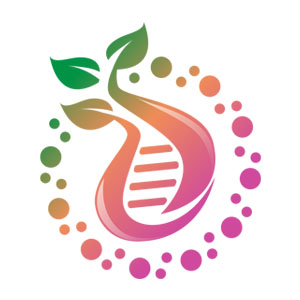According to the Tantra and the search for soma, many different substances can be used as “soma” if it is administered appropriately and at the proper time.
Ayurveda from India and Chinese medicine are both unique medicine models that are independent from each other. As a practitioner of both modalities, it is interesting to compare and observe the influences they have had upon each other. One of those instances is China’s search for soma.
There is historical evidence that these two cultures had communication with one another during the 3rd century BC. At that time India had already produced many literary texts, some already hundreds of years old. These included texts on religion, astrology, and medicine such as the Charaka Samhita ( चरक संहिता) on the science of Ayurveda.
While in China, during this same time in history, the Huangdi Neijing (Yellow Emperor’s Inner Classic, 黃帝內經), was just starting to be compiled.
A huge influence on Chinese herbal medicine was starting to unfold with mythical rumors of an herb in India that bestowed immortality to those who took it. This substance was called Soma (सोम).
The enticement of immortality led the first Emperor of the newly unified China, Qin Shi, to order the search for and procurement of this mystical plant known as Soma. There were many voyages by sea and by land, but none were successful. Not even by the Emperor himself, who ventured into the western mountains on a search for Soma.
The obsession continued well into the Han Dynasty, yet the Chinese never did obtain Soma. Even today, no one knows Soma’s true identity, although there are many theories. The use of Soma is prevalent in the Rig Vedascripture (ऋग्वेद) and in the Tantric traditions, in which it appears there is no “one” Soma. According to the Tantra many different substances can be used as “soma” if it is administered appropriately and at the proper time.
This search for Soma, the wondrous plant that bestowed vibrant health and eternal youth, sparked a fascination with the alchemical arts and herbal medicine in China. It is possible that something was lost in translation between the cultures, or maybe it’s role was to entice the Taoist practitioners of China to research thousands of plants and minerals while searching for soma and create a fantastic internal medicine apothecary.


 Read Previous Post
Read Previous Post
